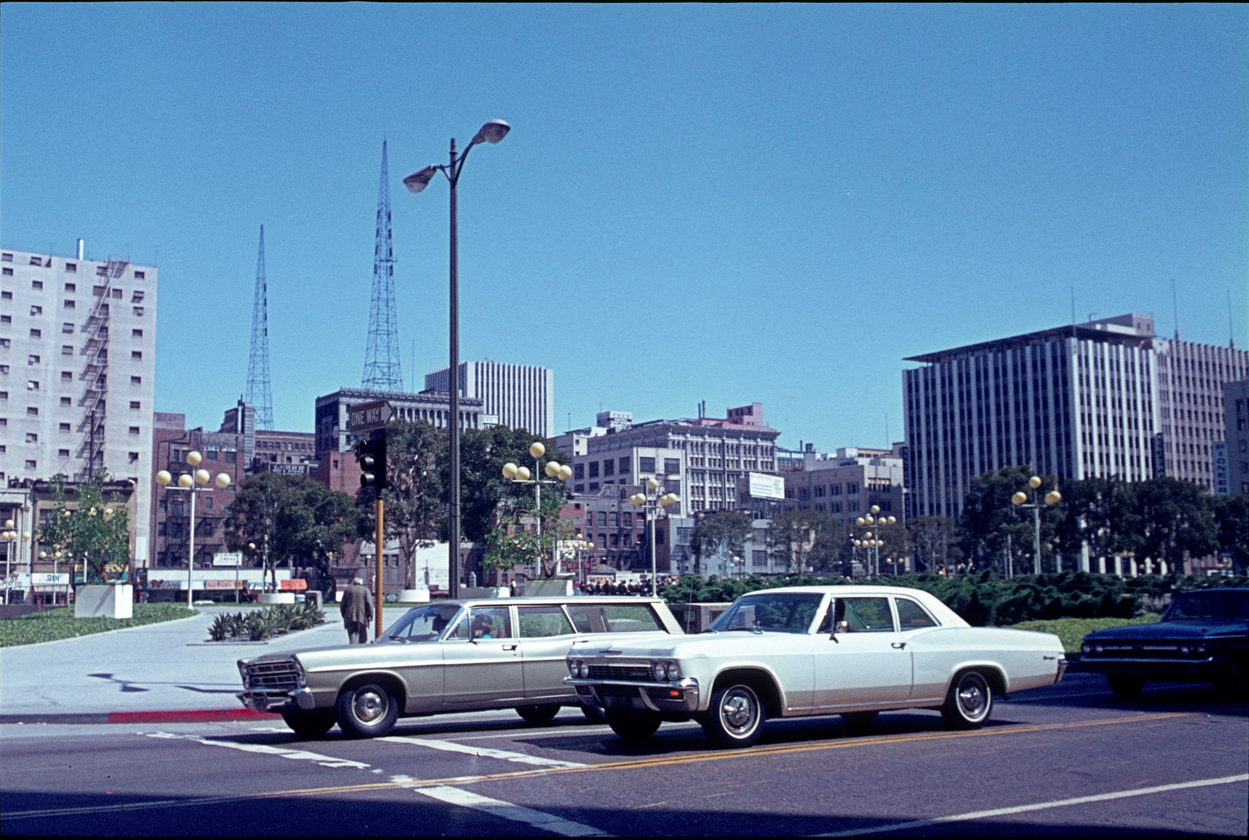 As one of the most influential federal consumer protection laws, the Federal Trade Commission Act (FTCA) of 1914 continues to enforce antitrust statutes more that 100 years after President Woodrow Wilson signed the ground breaking legislation. The FTCA established the Federal Trade Commission (FTC), which thoroughly investigates consumer claims of fraudulent business practices and all other violations of consumer protection laws covered by current federal governance.
As one of the most influential federal consumer protection laws, the Federal Trade Commission Act (FTCA) of 1914 continues to enforce antitrust statutes more that 100 years after President Woodrow Wilson signed the ground breaking legislation. The FTCA established the Federal Trade Commission (FTC), which thoroughly investigates consumer claims of fraudulent business practices and all other violations of consumer protection laws covered by current federal governance.
The Motivation for the FTCA
By the end of the 19th century, the American economy was dominated by large trusts that colluded to manipulate prices and control the supply of goods. President Theodore Roosevelt made busting up the trusts the primary goal of his administration’s agenda, which he accomplished by the passing of the 1890 Sherman Act. However, like most federal laws, the Sherman Act required subsequent statutes to strengthen the enforcement and compliance language of the original bill. In 1914, President Wilson expanded the legal power of the Sherman Act by signing the FTCA and the Clayton Antitrust Act.
Federal Trade Commission (FTC)
The FTC has the legal mandate to investigate consumer and business complaints that apply to unfair trade practices. FTC regulators also respond to congressional inquiries and merger notification filings. The investigations performed by the FTC can involve one company or an entire industry about legal issues such as false advertising and conspiracy to manipulate commodity prices. Action taken by the FTC to resolve consumer fraud cases range from seeking voluntary compliance to initiating federal lawsuits.
Bureau of Consumer Protection
The Bureau of Consumer Protection acts as the FTC’s primary weapon in the fight against unfair and deceptive business practices. Created by the FTC shortly after passage of the FCTA, the bureau enforces federal laws that pertain to the rules issued by the FTC. Cases pursued by the bureau include marketing and advertising deception, telemarketing fraud, identity theft, and improper financial product practices. The Bureau of Consumer Protection also manages the United States National Do Not Call Registry.
Bureau of Competition
Preventing anticompetitive business practices remains the heart of the FTC mission. The Bureau of Competition closely monitors mergers and acquisitions to prevent and eliminate the practice of unfair business collusion. Enforcement of antitrust laws also involves regulating non-merger business practices that harm consumers, such as invoking horizontal restraints and implementing agreements made between competitors that hinder collusion.
FTCA Mandates for the FTC
The FTCA gives the FTC broad power to keep the business competition field level. Under the clear language of the FTCA, the FTC must “prevent unfair methods of competition, and unfair or deceptive acts or practices in or affecting commerce; seek monetary redress and other relief for conduct injurious to consumers; prescribe trade regulation rules defining with specificity acts or practices that are unfair or deceptive, and establishing requirements designed to prevent such acts or practices; conduct investigations relating to the organization, business, practices, and management of entities engaged in commerce; and make reports and legislative recommendations to Congress.”
Use the FTCA to Stop Fraudulent Commercial Activity
The fight to break up large trusts started with Teddy Roosevelt, but the fight remains just as relevant in the 21st century. In fact, the United States government has initiated numerous cases against the collusion of companies that operate in several different industries. From preventing bank mergers to filing unfair business practices against two small businesses that form a partnership, the FTC remains a powerful consumer ally.
To pursue a consumer deception of manipulation case under the FTCA, hire a licensed attorney that has established a strong record of litigating consumer protection cases.





